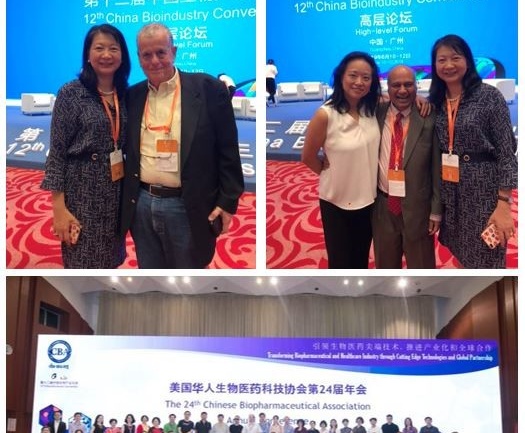Effective treatments are still lacking for hepatocellular carcinoma or HCC, the most common type of liver cancer and sixth most common cancer worldwide. Most patients do not survive beyond a year with current therapeutic options (surgery, liver transplantation, chemotherapy, and radiotherapy). Epigenetic factors are a key component in the development of cancer including HCC. Deregulation of these factors derails the normal function of a cell by blocking it from differentiation, reshuffles its normal physiological metabolism pathway, and ultimately, causes it to grow beyond limitations.
Prof. Daniel Tenen, an expert in epigenetic factors, is developing aptamers (short strands of DNA and RNA molecules) to inhibit liver cancer epigenetic proteins, DNMTl and SALL4, which are not regulated properly in HCC. The enzyme DNMT1 alters DNA in cells by modifying it and SALL4 controls expression of tumor suppressor genes in our body that affect how cells divide and help prevent cancer. During the current funding period, his team has identified a SALL4 specific aptamer able to halt the cell complex responsible for aggressive behavior in cancer with high levels of SALL4. They are working on approaches to increase the efficiency in inhibiting tumor growth and they plan to move to in vivo studies.
Targeting epigenetic complexes using aptamers could bring a novel approach to the clinical cancer research landscape. This approach will prolong and improve the life quality of HCC patients, as aptamers are non-toxic to normal cells and provide a specific effect only to the cancer cells. Moreover, aptamer therapeutics could be equally effective in almost all type of solid tumors and many leukemias.



